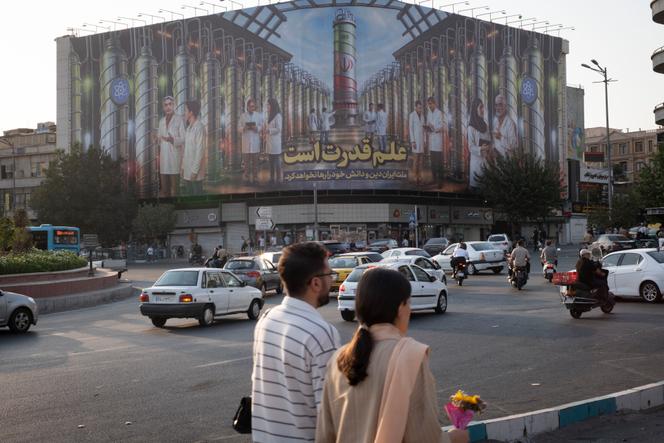


Since the end of the 12-day war between Iran and Israel in June – a conflict that saw US involvement – Tehran has found itself at a strategic deadlock. On one side, European pressure is mounting to push the Islamic Republic back to the negotiating table over its nuclear program; on the other, there has been no indication that US President Donald Trump would show any flexibility for a deal acceptable to Iran. For Trump, Tehran must forgo all uranium enrichment, a condition the regime has deemed unacceptable.
The latest rounds of indirect talks with Washington, held between April and June in Muscat, Oman, and then in Rome, Italy, quickly collapsed: from June 13 to 24, Israel ramped up strikes on Iranian military and nuclear sites, killing over 1,000 people, including scientists, military personnel and civilians. Near the end of the conflict, bombers sent by Trump targeted the nuclear facilities at Fordo, Natanz and Isfahan.
"It must be guaranteed that in the future, during negotiations, the United States does not launch a military attack," Iranian Foreign Minister Abbas Araghchi told Le Monde on July 10. His comments reflect the regime's fear of a new conflict, even if talks resume, making it nearly impossible to persuade those in Iran who oppose renewed dialogue. A few weeks later, in an interview published by the Financial Times on July 31, the foreign minister specified that Tehran was also expecting Washington to compensate Iran for the destruction it suffered, an idea immediately dismissed as "ridiculous" by US officials.
You have 78.86% of this article left to read. The rest is for subscribers only.
